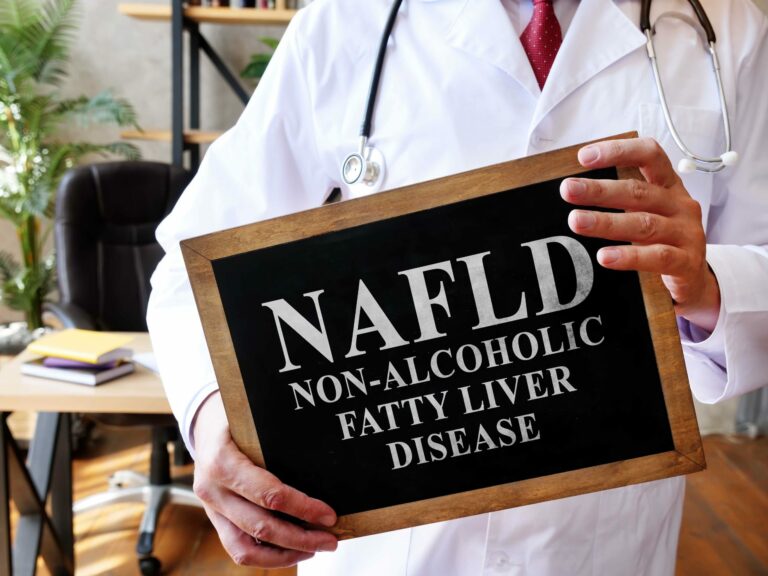Written By: Morgan Knull
If you’re anything like me, after you finish your lunch you could eat it all over again! Much of the time, you just don’t feel full, even though you’ve eaten plenty. You’ve probably even eaten to the point of feeling sick before (but that’s different). Why am I such a bottomless pit? It wasn’t until I tested my genetics that I figured it out. This whole time it wasn’t a weakness of character driving me to overeat; it was a genetic predisposition! And once I knew about it, I could control it. What a relief!
Let me explain. Two hormones cause the “always hungry and never full” issue. First, we have ghrelin. It has many functions, but it primarily sends the message “I’m hungry” to our brains to stimulate appetite and encourage our food intake. When we constantly feel hungry, it’s because we’re producing too much of the hormone ghrelin. Then we have leptin. It sends the “I’m full” message to our brains. So when we don’t feel full, we don’t have enough of the hormone leptin. It’s a dirty trick, right?!
So let’s say you have too much ghrelin (“feeeed meeeee”) and not enough leptin (“I have room for more!”)—but why? Without taking this explanation too far down the rabbit hole, it’s possible you have a genetic predisposition (it’s called the FTO SNP) that increases ghrelin and reduces leptin. If you’re thinking you’re doomed, I don’t blame you. But knowledge is power, so finding out that you have this genetic predisposition also provides you with the exact protocol to turn it off. Problem solved!
There are many things that can poke the FTO bear and awaken the gene. Three major culprits are constantly eating, eating too much protein, and over-consuming saturated fats. I support clients every day who carry this gene; many of us either have one copy or both present.
To help my clients lose weight or manage their optimal nutrition intake, I start by recommending the supplement Tri-Metabolic Control (TMC) by Douglas Labs for the first 8-12 weeks. This supplement is my cheat because when taken before a meal it makes us feel full and crave food less. Next, I ask my clients to either start with intermittent fasting (14-16 hours without food) or to use timed eating. Timed eating means we leave 5-6 hours in between meals, and it helps settle that pesky ghrelin down. An example of this is breakfast at 7 am, lunch at noon, and dinner at 6 pm, with no snacking in between. Lastly—and extremely important—is getting protein right.
We all require a certain amount of daily protein, depending on how we code for the FTO; some people only require about 60 grams, while others need 120 plus. The rub is that anytime we go too far over our requirement, that excess protein turns to inflammation and fat. It also switches the FTO to the on position. I teach my clients how to visually estimate protein amounts so they don’t have to constantly weigh food or check values. One of my favorite ways to ensure I start my day with the right amount of protein is to use Whey Satisfied by Douglas Labs, which is a gluten-free, GMO-free, and delicious tasting powder that includes 21 grams of protein per scoop.
If you resonate with that always hungry/never full lifestyle but aren’t ready to test your genetics, try starting with spacing out meals and using Tri-Metabolic Control. You may require less or more protein, but it’s safe to start by having 1 gram (value not weight) of protein per kg of body weight per day, divided equally between meals. And remember: don’t blame yourself if you can eat everything and still eye up your partner’s plate once you’re done. It’s not a lack of mental fortitude; it’s very likely a hormonal imbalance, which can be put in check with the right protocol.
For more information, see my discussion on snacking with Dr. Penny Kendall-Reed. And check out Dr. Penny Kendall-Reed’s new book Fix Your Genes to Fit Your Jeans.
Learn more about my practice and book a free 15-minute consultation with Morgan Knull, RHN to discover how I can support you with nutritional services.





